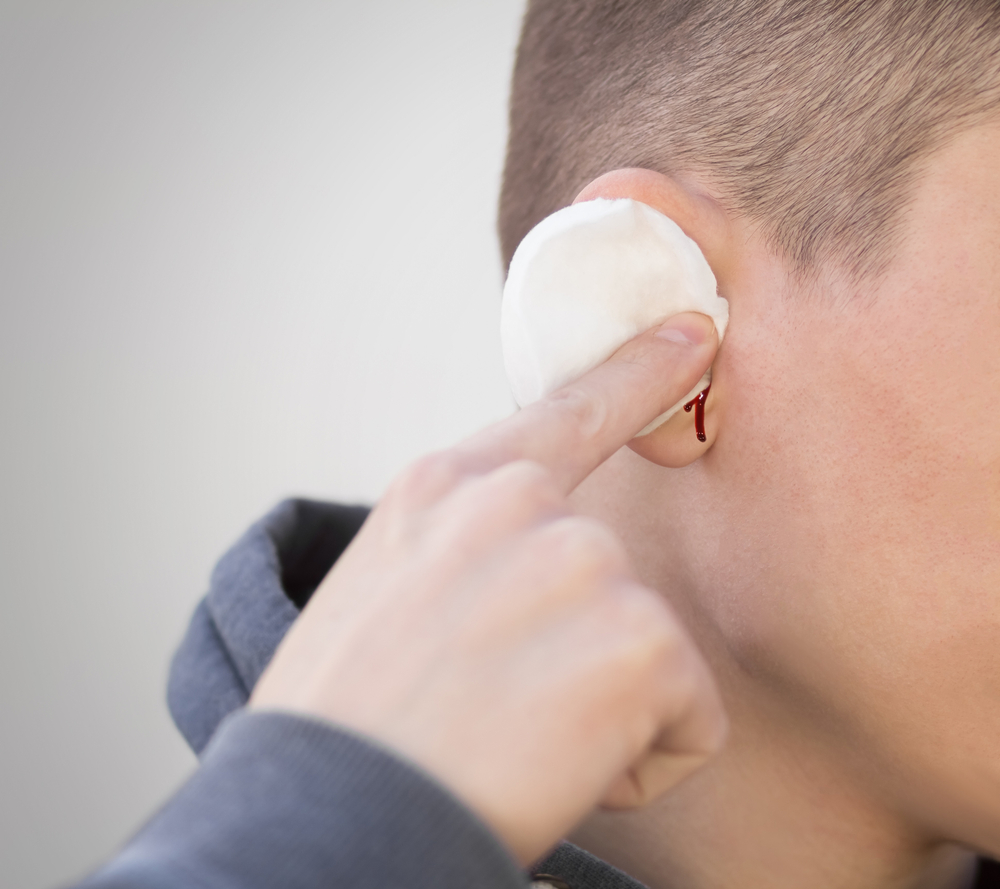Winter brings its own unique charm—snow, cozy evenings, and the joy of building snowmen. But, like all seasons, it also comes with a few drawbacks. After spending time outdoors in the cold, many of us start coughing more, our noses run, and we develop those familiar winter throat issues. For some, these symptoms may even lead to a full-blown cold.
But can cold weather actually affect your tonsils? Let’s explore how winter conditions impact your immune system and what you can do to keep your tonsils in good shape.
How cold weather affects your health
First, let’s clear something up: cold weather doesn’t directly cause illness. You don’t catch a cold simply because you’re chilly—that’s a misconception. It’s viruses and bacteria that make you sick, not the temperature. However, cold weather can still have an impact on your health by lowering your body’s defenses and making you more susceptible to illness.
One of the primary culprits is dry air. During the winter, the cold air tends to be much drier, and this can dry out the mucus in your throat and nasal passages. This mucus plays a crucial role in trapping germs and helping your body fight off infections. When the air is too dry, your body’s natural defenses are weakened, and your throat can become irritated.
Additionally, during the colder months, people tend to stay indoors more, and with less airflow, germs can spread more easily. This increases your chances of catching a cold or flu.
What are the tonsils?
Your tonsils are an important part of your immune system. These two clusters of lymphatic tissue at the back of your throat act as filters, helping to trap germs before they reach your lungs. They even produce antibodies to fight off infections. Think of them as the gatekeepers of your respiratory system, working tirelessly to protect you from harmful pathogens.
How cold weather impacts your tonsils
While cold weather itself doesn’t make you sick, it can put extra stress on your tonsils. When you get sick more often, your tonsils have to work overtime to fight off infections. This can cause them to become swollen and inflamed, leading to a sore throat that can last for several days.
Tonsillitis—inflammation or infection of the tonsils—often occurs during the winter months. It’s common for people to experience this condition when their immune systems are weakened, making tonsils more susceptible to infection. Symptoms of tonsillitis closely resemble those of a cold or the flu, which can sometimes make it difficult to differentiate between the two.
In some cases, chronic or severe tonsillitis can cause complications such as:
- Swollen tonsils that block your airway, making it hard to breathe
- Pockets of pus forming behind the tonsils
- Reduced immunity, making it harder for your body to fight off other infections
If left untreated, long-term tonsillitis can impact your overall health, so it’s important to address it early.
How to prevent tonsillitis during winter
While your tonsils do their best to protect you, they may need a little help during the winter months. Here are a few strategies to keep your tonsils and immune system in tip-top shape:
- Use a Humidifier: Dry air can affect your throat and reduce the mucus needed to fight off germs. Running a humidifier, especially during the winter, will help moisten the air and support your body’s defenses.
- Drink Herbal Tea: Warm tea can help soothe your throat and keep your body temperature up. Just avoid caffeinated tea in the late afternoon, as it can interfere with your sleep.
- Take Vitamin D: In winter, there’s less sunlight, and that means your body might not be producing enough vitamin D. Consider taking supplements to ensure your immune system is functioning optimally.
- Get Outside: Despite the cold, try to spend some time outdoors in the sun. Vitamin D is critical for immune function, and a brief outdoor walk can do wonders for your overall health.
- Dress Warmly: When the temperature drops, make sure to bundle up. Keeping your body temperature stable helps your immune system function more efficiently.
- Gargle with Saltwater: Gargling with warm saltwater can soothe your sore throat and help remove surface-level germs that might be lurking around your tonsils.
When to see an ENT specialist for tonsillitis
Most cases of tonsillitis resolve on their own within a few days, but chronic or recurring tonsillitis may require medical attention. If your tonsils remain swollen, you experience difficulty breathing, or your symptoms persist for more than a few days, it’s time to see an ENT specialist.
In some cases, a tonsillectomy (removal of the tonsils) may be necessary, particularly if the infection is severe or recurring. While tonsillectomies are less common than in the past, they are still sometimes the best option for long-term relief.
An ENT specialist can assess your condition and recommend the best course of treatment, whether that involves medication or surgery.
Find an ENT specialist in your area if you are suffering from chronic tonsillitis.



